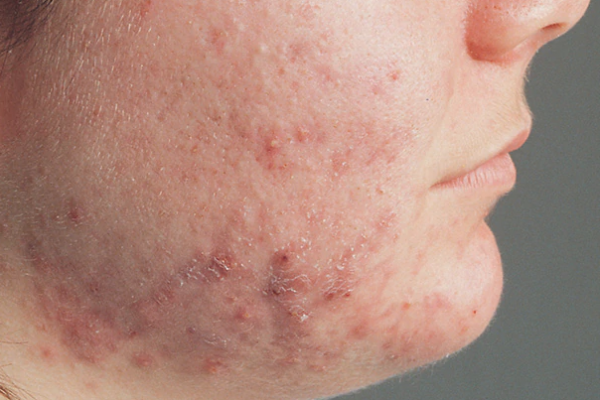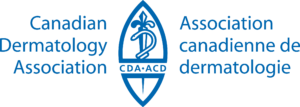Acne is a skin problem that affects nearly 20% of Canadians, and at Dermatology on Bloor in Toronto, we see a number of clients who struggle with this concern. This condition involves whiteheads and blackheads that result from clogged pores. In some cases, nodules and cysts may also develop deeper in the skin. Acne may occur on the face, neck, shoulders, chest, upper arms, and back. While about 85% of teenagers are affected by acne, it is also possible for an adult to suffer breakouts as a result of oral contraception, menopause, hormone fluctuations, or childbirth.
What Causes Acne?
Your skin has thousands of oil glands that produce sebum to moisturize and help the skin act as a protective barrier. Sebum within each oil gland is carried to the skin’s surface through pores. The highest density of oil glands is found on your face, especially the nose, forehead and mid-cheek area. The largest oil glands are found on your back and mid-chest. This explains in part why acne appears mostly on the face, chest and back.
Ance is not an indication that the skin is dirty, so aggressive cleansing or the use of abrasive scrubs may only make the inflammation worse.
How Does Acne Form?
Acne is the result of four key issues in the skin.
- bacteria
- clogged pores
- excess oil
- inflammation.
Both males and females produce testosterone, a hormone that increases in adolescence. As a result of excess testosterone, the sebaceous oil glands in the skin enlarge and begin to produce oil. Pores in the skin may become clogged due to genetic or environmental factors, leading to the formation of whiteheads (comedones) and blackheads(open comedones). Oil feeds bacteria, and bacteria secretes by-products that cause inflammation, which leads to pustules (pimples) and cysts or nodules.

Treatment for Acne
Severe acne can not only cause a great deal of emotional distress, it can be disfiguring. Without proper care, acne may leave permanent scars on the skin. To avoid this problem, it is important to seek treatment for acne when it does not quickly respond to over-the-counter solutions. Pimples should never be squeezed, picked, or popped, as this may cause increased redness, swelling and leads to a risk of scarring.
At Dermatology on Bloor, acne is often treated with interventions such as topical or oral medications. Have your family doctor refer you to Dermatology on Bloor to discuss if medication is the right method for you. Treatment of active acne may also include some of the following suggestions:
- Topical SkinCare
- Chemical Peels
- Light Therapy
Solutions for Acne





